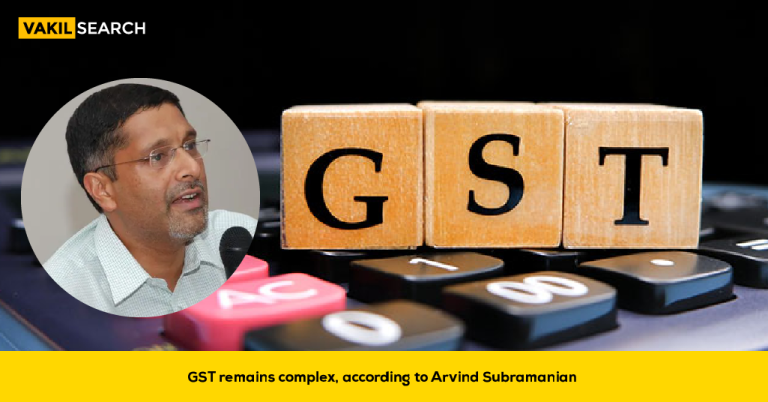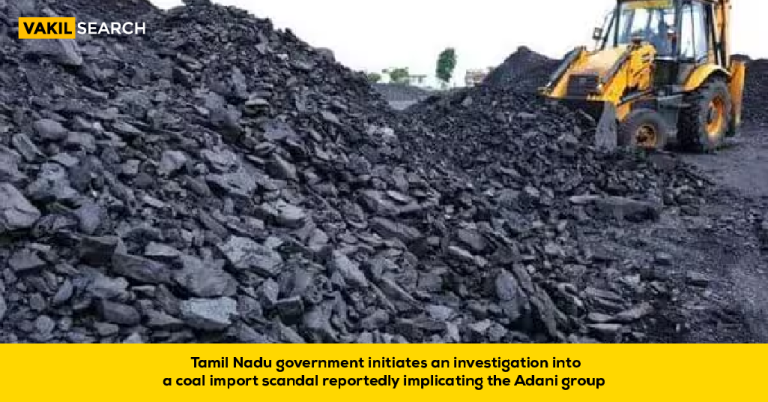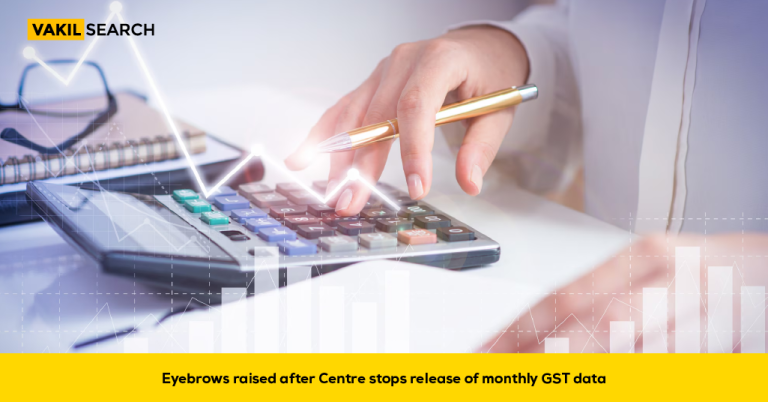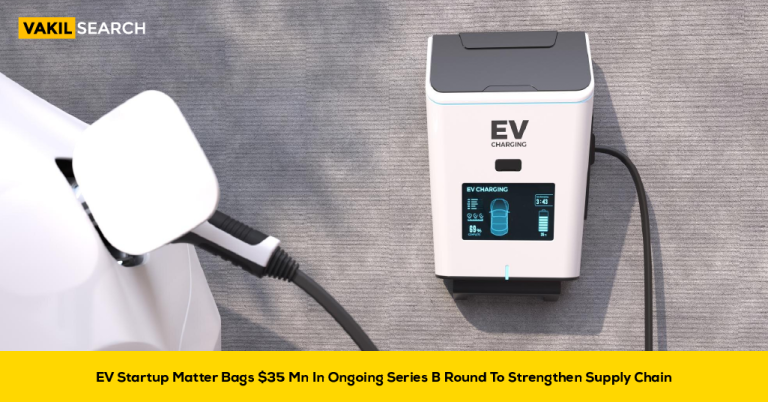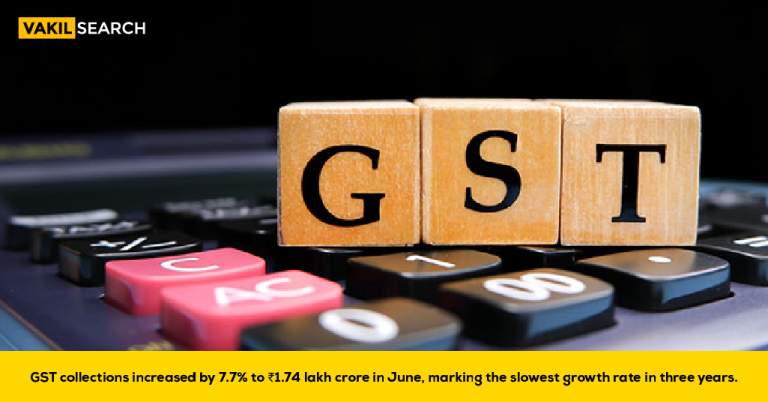Revenues from the seven-year-old Goods and Services Tax (GST) have failed to meet expectations, achieving pre-GST levels only recently. Former Chief Economic Advisor (CEA) Arvind Subramanian highlighted this on Thursday, calling the lack of critical data, such as refunds, a significant challenge.
Subramanian attributed the poor revenue performance to a ‘rate-cutting spree’ by the GST Council between late 2017 and 2019. He said both the Centre and the States were complicit in this. ‘The focus was on collections, because refunds were not published, and we were looking at the wrong number. Had the refunds data been published, we would have been much more careful about rate cuts,’ he noted.
In February, the government began releasing net GST collection numbers but has since stopped. ‘Without refunds data, we mistakenly believe revenues are performing well,’ Subramanian said at a seminar on seven years of GST hosted by the Centre for Social and Economic Progress.
Subramanian described the multiple cess rates and the GST rate structure as ‘monstrous’ and advocated for simplification. ‘You should just have one cess rate, one standard rate, and one low rate,’ he emphasised.
He also criticised the frequent changes in the GST regime made during GST Council meetings, stating this practice was hindering simplicity and rationalisation. In 2015, he had recommended a GST regime with three rates: one for essential goods, a standard 18% rate, and a 40% levy for demerit goods.
Subramanian has revised his stance on including items like electricity, petroleum, and alcohol in the GST net, which he and other economists had previously supported. ‘I now believe that would be a bad idea, especially given the acrimonious relations between the Centre and the States. It’s not politically advisable to expect or ask the States to give up more sovereignty,’ he said, noting that conditions have changed too much since GST’s launch before 2017 for the previous compromise to be relevant. Vakilsearch is well-positioned to assist businesses in addressing the complexities of the GST system. Our expert services include comprehensive GST compliance, strategic tax planning, and advisory support to help businesses optimise their tax liabilities and ensure adherence to regulatory requirements.


